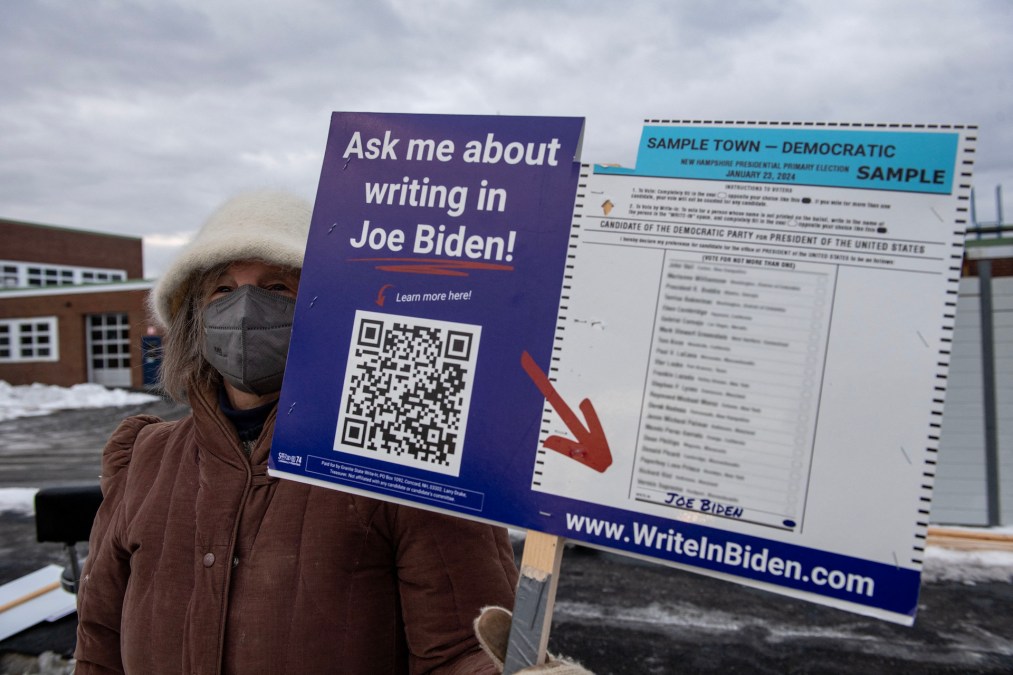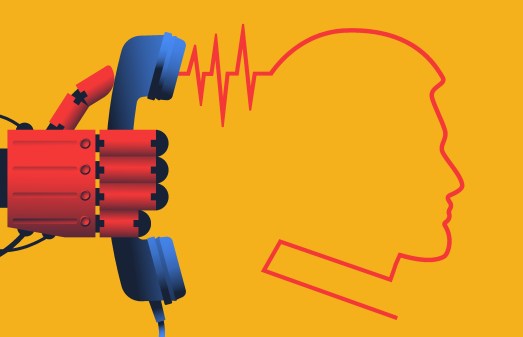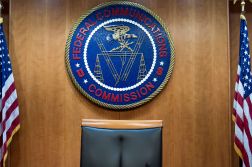Parties behind 2024 Biden AI robocall reach deal in lawsuit

Two of the parties behind an AI-generated robocall that imitated then-President Joe Biden and warned residents not to vote in the New Hampshire Democratic primary have agreed to settle a civil lawsuit brought by voting groups.
As part of a consent order signed Thursday in the U.S. District Court for the District of New Hampshire, Texas-based Life Corporation and Voice Broadcasting Corporation acknowledged that the calls sent to thousands of New Hampshire residents “had the potential to intimidate voters in violation of … the Voting Rights Act.”
“Defendants shall not intimidate, threaten, or coerce voters in connection with U.S. elections, and further agrees to implement the following compliance plan to ensure that Defendants do not facilitate the transmission of intimidating, threatening, or coercive messages in connection with U.S. elections,” New Hampshire District Judge Steven McAuliffe wrote.
The companies also agreed to a series of actions, including creating a dedicated compliance team to ensure AI or spoofed calls aren’t used in future political campaigns, as well as regular training for staff on how to identify deceptive messages and the dangers of misinformation in U.S. elections.
They will also be subject to more stringent reporting requirements to the government around call spoofing, develop an automated compliance system to verify caller ownership, and agree to immediately cut ties and notify law enforcement if any future clients or callers are found to be using spoofed numbers for the purpose of intimidation or coercion.
Courtney Hostetler, legal director of Free Speech For People, said the settlement sends a message to other bad actors that they will be held accountable for using AI to deceive voters in future elections.
“Elections are the cornerstone of our democracy, whether they be primary or general, local or federal,” Hostetler said. “Resolution of this important case helps protect voters from bad actors who would abuse mass technology to intimidate or mislead people from exercising their fundamental right to vote.”
Democratic consultant Steve Kramer, Voice Broadcasting Corporation and Life Corporation were identified by law enforcement and federal regulators last year as being involved in the scheme, prompting a lawsuit from three voters, the League of Women Voters, Free Speech For People and other groups alleging voter suppression.
Kramer allegedly hired a New Orleans street magician to create the call imitating Biden, using ElevenLabs’ voice cloning software. Voice Broadcasting and Life Corporation — both owned by Walter Monk, who runs a digital political marketing empire — helped organize the robocalling campaign.
While Kramer is facing state criminal charges over the incident and is also named in the lawsuit, only Life Corporation and Voice Broadcasting appear to have signed the consent order.
A public relations representative for Kramer — who faces 13 felony and 13 misdemeanor counts over his role in the incident — declined to comment when reached by CyberScoop. Efforts to reach Monk and his companies for comment were not successful. Another company, Lingo Telecom, was fined $6 million by the Federal Communications Commission for failing to validate the identity of the calls, which spoofed the real number of a New Hampshire Democratic official running a write-in campaign for Biden in the state. The incident has led to reforms in how and what telecoms report to federal regulators around spoofing and AI use over their networks.






